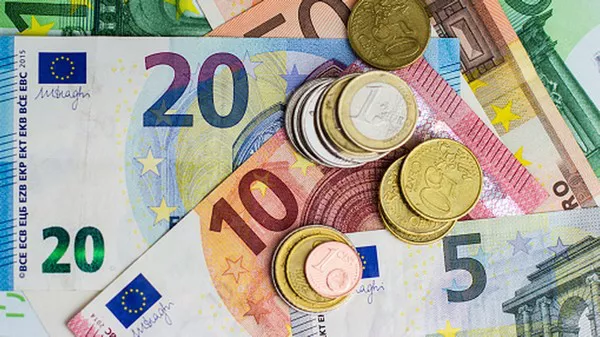Switzerland, nestled in the heart of Europe, is a nation renowned for its stunning landscapes, robust economy, and commitment to neutrality. Despite its geographical proximity and economic ties with European Union (EU) member states, Switzerland has chosen not to join the EU. This decision has sparked numerous debates and discussions, prompting many to question the reasons behind Switzerland’s ambivalence toward EU membership. In this article, we will delve into the historical, political, and economic factors that have shaped Switzerland’s unique relationship with the European Union.
Historical Perspectives
To comprehend Switzerland’s reluctance to join the EU, one must explore the nation’s historical context. Switzerland, with a long-standing tradition of neutrality dating back to the Napoleonic Wars, has prided itself on maintaining its sovereignty and avoiding entanglements in foreign conflicts. The Swiss Confederation, formed in 1291, was designed to foster cooperation and mutual defense among cantons, laying the foundation for a decentralized political system that endures to this day.
Switzerland’s decision to remain outside the EU can be traced back to the aftermath of World War II. While many European nations sought closer integration as a means of preventing future conflicts, Switzerland opted for a policy of armed neutrality and non-alignment. This stance reinforced the country’s commitment to independence and autonomy, setting the stage for its cautious approach to EU membership.
Political Landscape and Direct Democracy
Switzerland’s unique political system, characterized by a federal structure and direct democracy, plays a significant role in its EU stance. Unlike many European nations, Switzerland places a strong emphasis on decentralized governance, with significant decision-making authority granted to its 26 cantons. This system ensures that major policy decisions, including matters related to EU integration, are subject to direct approval by Swiss citizens through referendums.
The Swiss people have consistently demonstrated a reluctance to cede power to supranational institutions, a sentiment that has affected their approach to EU membership. Decisions on key issues such as immigration, trade agreements, and international treaties are subject to public approval, making it challenging for Switzerland to swiftly align its policies with EU regulations. This inherent tension between direct democracy and EU integration remains a central factor in Switzerland’s non-membership status.
Economic Considerations
Switzerland boasts a highly developed and diverse economy, often described as a model of stability and prosperity. The country’s economic success is underpinned by its robust banking and financial services sector, innovation-driven industries, and a skilled workforce. Switzerland’s decision to remain outside the EU stems, in part, from the desire to maintain control over its economic policies, including taxation and regulation.
Switzerland’s bilateral approach to international relations has allowed it to negotiate and establish numerous trade agreements with the EU without becoming a full member. The Swiss-EU Bilateral Agreements cover various sectors, facilitating economic cooperation while allowing Switzerland to retain a degree of autonomy over its economic policies. This approach has enabled Switzerland to access the European single market without being bound by the regulatory framework that comes with EU membership.
Neutrality and International Relations
Switzerland’s commitment to neutrality has been a cornerstone of its foreign policy for centuries. The nation has avoided taking sides in conflicts, fostering a reputation as a mediator and diplomatic hub. Joining the EU could potentially compromise Switzerland’s cherished neutrality, as EU members are expected to align their foreign policies to a certain extent.
By remaining outside the EU, Switzerland can pursue its independent foreign policy, engaging in international diplomacy without the constraints imposed by the bloc. This freedom allows Switzerland to navigate complex geopolitical landscapes, mediate conflicts, and act as a neutral intermediary in global affairs.
See Also Where To Convert Euros To Dollars Near Me
Conclusion
Switzerland’s decision to stay outside the European Union is a multifaceted one, deeply rooted in historical, political, and economic factors. The nation’s commitment to neutrality, direct democracy, and economic independence has shaped its approach to EU membership. While Switzerland maintains a close relationship with the EU through bilateral agreements, the country’s unique position as a non-member state reflects its desire to preserve its sovereignty and autonomy. As the global political landscape continues to evolve, Switzerland’s stance provides a fascinating case study in navigating the delicate balance between regional cooperation and national independence.


